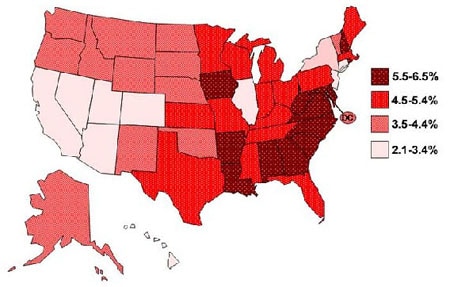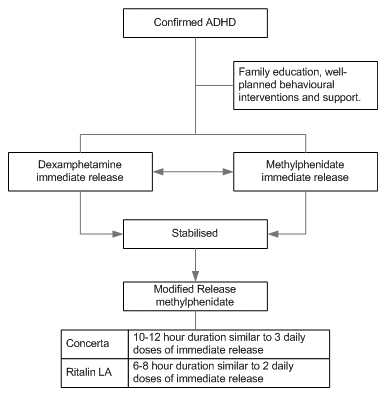How To Deal With Children's Behaviour Problems In The Classroom

Cognitive behavioral therapy is a form of treatment which helps people make concrete, observable changes in their lives. There is a focus on the ways a person's thoughts and attitudes affect his feelings and behavior. The premise is that some people develop negative and distorted beliefs about themselves which interfere with their functioning. This can lead to depression and anxiety, as well as the procrastination that affects so many adults with Attention Deficit Hyperactivity Disorder. Cognitive therapy helps people examine the beliefs that are holding them back and learn strategies to counteract those beliefs.
A behavior intervention plan (BIP) could be helpful, too. Behavior interventions are steps teachers take to stop problem behaviors at school. A BIP outlines how teachers and the school will deal with a child's inappropriate behavior. A BIP also explains how teachers and the school will encourage appropriate behavior. Your child may, for example, have a reward system in place to encourage more positive behaviors.
Then the teacher made an important change to the boy's worksheets: She wrote the correct answers on them with invisible markers so that the boy could reveal the correct answer by coloring over the space as soon as he finished a question. The teacher also randomly inserted stars he could uncover by coloring and told him he would earn a reward for collecting four stars. The strategy paid off: The boy was soon answering every question and getting 84 percent of them correct.










